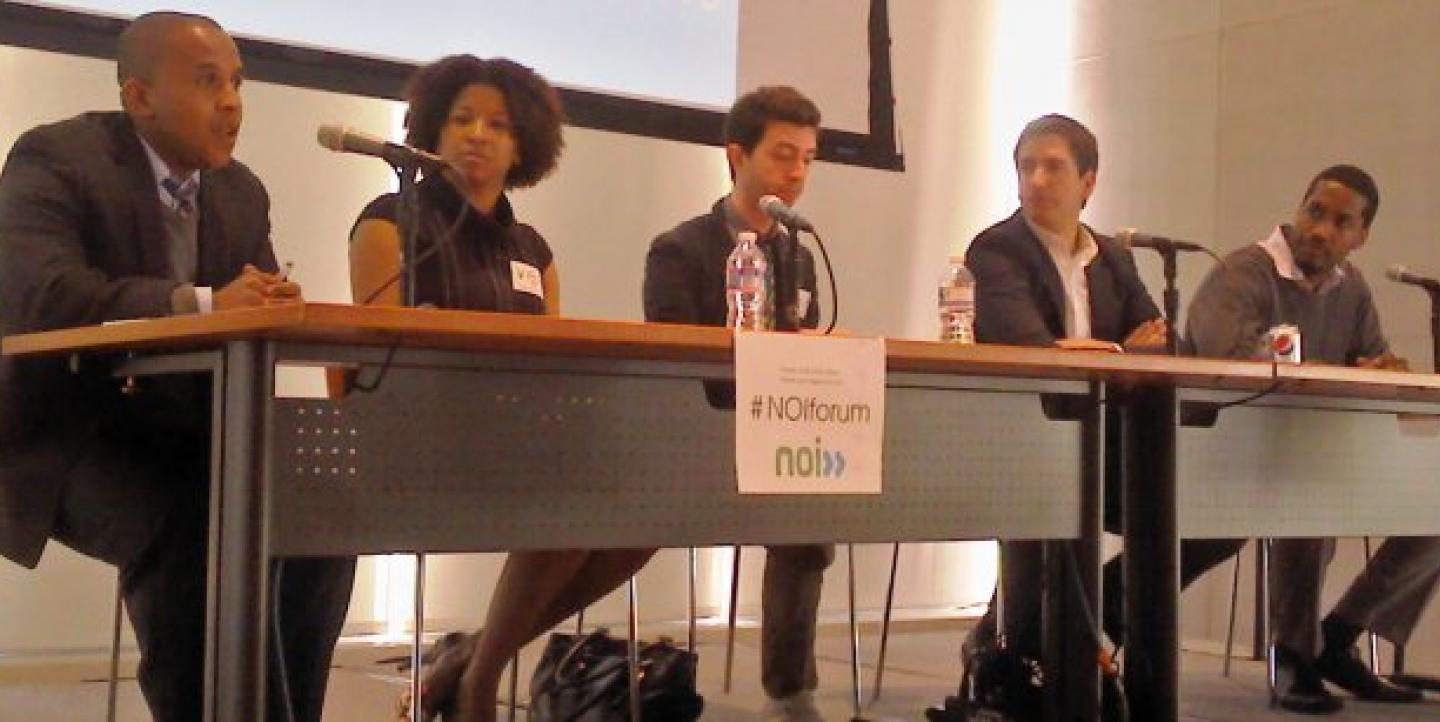Social media helped former journalists, online campaigners and social media experts propel the Travyon Martin case from an almost-overlooked news story into one that earned worldwide attention.
The New Organizing Institute organized a panel on how the Internet brought issues of racial profiling, gun control laws and injustice to the surface in the case of Martin, an unarmed teenager who was shot and killed by a neighborhood watch member in a suburban Florida neighborhood.
On the day it was announced that Martin's shooter will face charges, the panelists shared how their use of social media techniques and online organizing--rather than traditional media outlets--effectively raised awareness on a global scale that translated into offline action.
IJNet attended the panel and found these takeaways for activists and journalists:
-
Don't create a new conversation. Curtis Johnson, social media specialist for the National Association for the Advancement of Colored People, suggests meeting people "where the conversation is already existing." If an organic hashtag has already caught on, tap into it rather than inventing your own. Not only will your cause reach a wider audience, but you'll also be staying in line with the grassroots movement. The NAACP's Twitter account sticks to hashtags #Trayvon and #TrayvonMartin in its tweets.
-
Maria Roach, social media activist and former NBC news producer, tied in her tweets with trending hashtags. By making popular hashtags relevant to her tweets about Martin, she amplified her chances of reaching as many people as possible. Describing herself as just a "mom in a bathrobe at 11 o'clock, pissed off," Roach created an online petition that's already garnered more than 540,000 supporters.
-
If you plan to tweet nonstop, Tim Newman, senior organizer at Change.org, suggests using a variety of hashtags. Using only one hashtag for every tweet will decrease the odds of it trending.
- Roach said to "use traditional media to spread your social media message." Roach would tweet her petition to experts appearing on broadcast news shows asking them to share her message with others.
Johnson said "social media is driving a lot of traditional media stories," and traditional news outlets didn't pick up the Martin story until these online activists lit the torch. Therein lies the power of social media, he said. They create a "values-driven impetus that drives stories."
Photo of the Trayvon Martin panel, M. Looney

